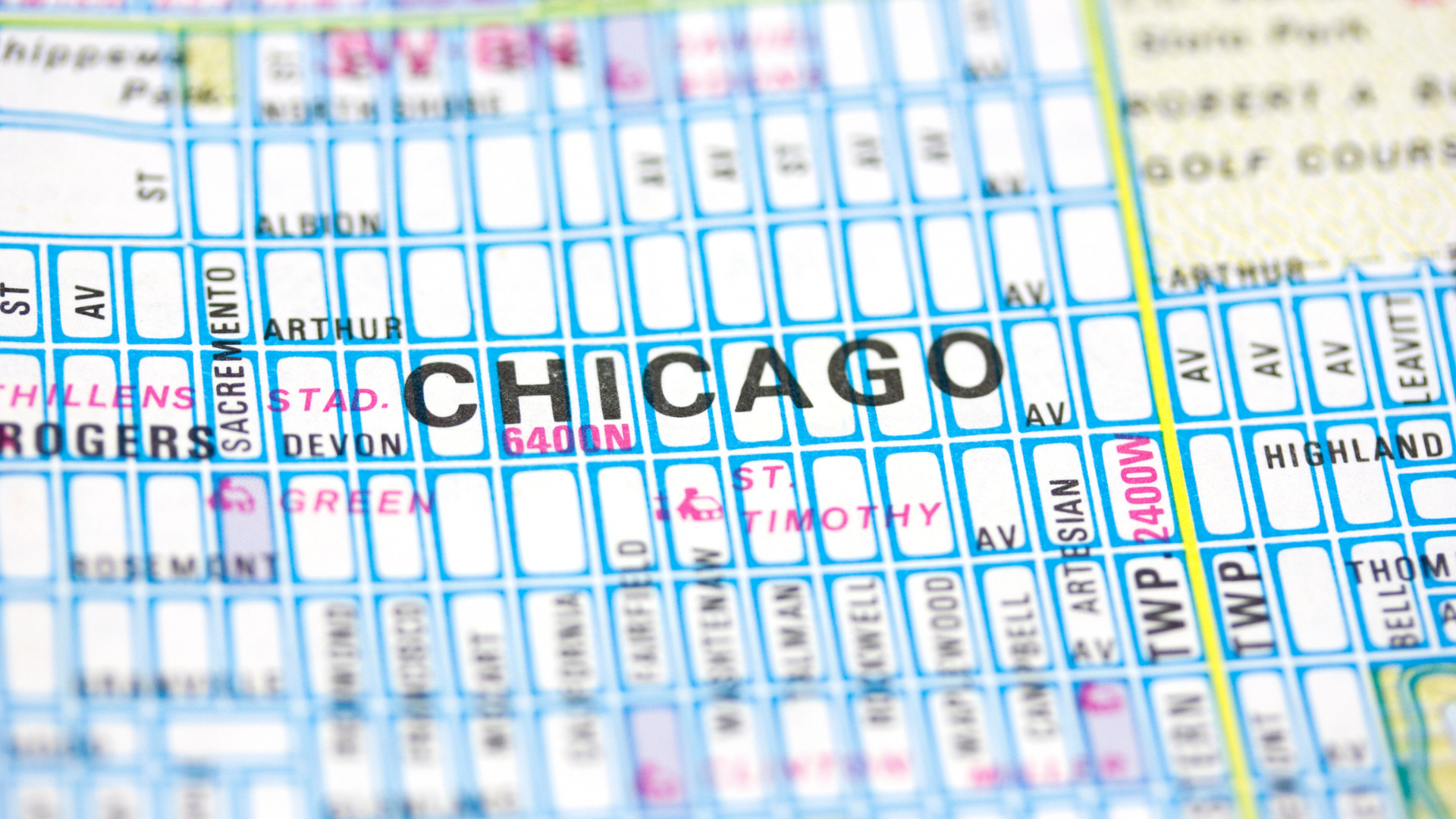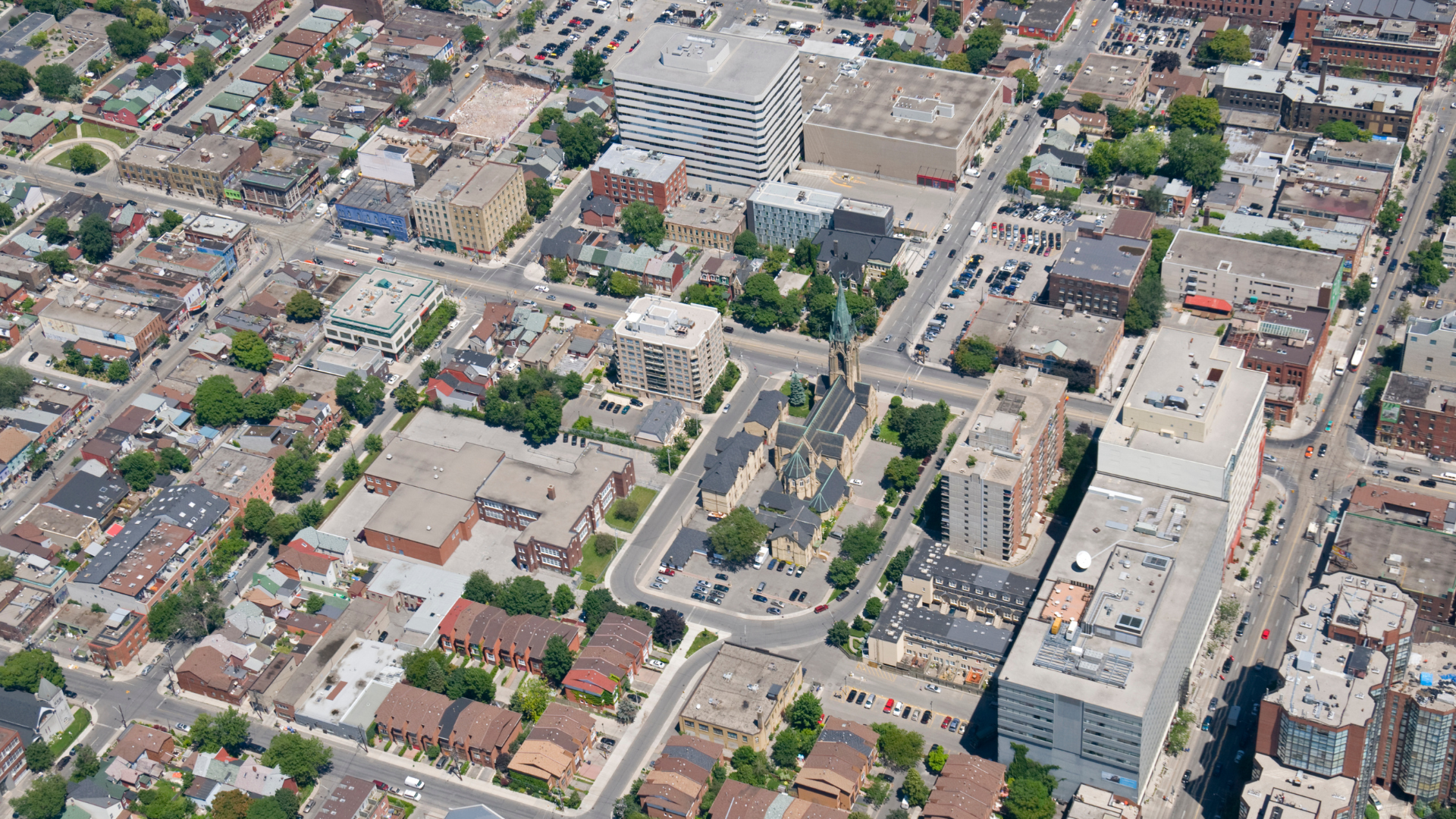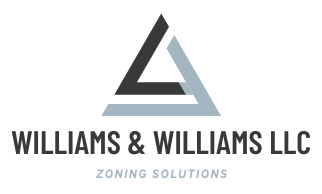Chicago Zoning Laws Explained
Chicago Zoning Laws Explained:
A Guide for Homeowners and Businesses
Understanding Chicago's zoning laws is crucial for homeowners, business owners, developers, and anyone involved in real estate transactions. Zoning laws dictate how property within the city can be used, ensuring that land development aligns with community plans and preserves the character of neighborhoods. Whether you’re planning to build, renovate, or purchase property in Chicago, having a basic grasp of these regulations will help you avoid potential legal and financial pitfalls.
What Are Zoning Laws?

Zoning laws are city regulations that govern land use and development. In Chicago, the zoning code divides the city into different "zones" or "districts," each with specific rules on how properties can be utilized. Zoning regulations address factors such as:
- Land use: Determines whether an area is designated for residential, commercial, or industrial purposes.
- Building height and size: Sets limits on the height and bulk of buildings in certain districts.
- Lot size and setbacks: Establishes how close a building can be to property lines or public streets.
- Parking requirements: Specifies how much parking is required for residential and commercial developments.
Each zone has its own set of standards to ensure that the property is used in a way that benefits the community and complies with the city’s long-term development goals.
Zoning Districts in Chicago
Chicago’s zoning districts are divided into five main categories:
- Residential (R): These areas are intended for single-family homes, multi-family dwellings, and apartment buildings. The restrictions in residential zones limit commercial or industrial activities to maintain a peaceful living environment.
- Business (B): Business districts allow for commercial activities like retail stores, offices, and restaurants. Zoning laws here ensure that businesses fit within the community and provide adequate amenities such as parking.
- Commercial (C): Commercial zones are typically used for more significant commercial enterprises such as shopping centers and entertainment venues.
- Manufacturing (M): These zones permit industrial activities, like factories and warehouses, while controlling their impact on surrounding areas.
- Planned Development (PD): These are specialized districts designed for large-scale, mixed-use developments. PDs allow greater flexibility in design and land use but require city approval.
Navigating Zoning Changes and Permits

Zoning changes, known as "rezoning," may be necessary if you want to use a property in a way that current zoning laws don’t allow. For example, if you want to open a business in a residential area, you may need to apply for rezoning. Similarly, major renovations, new construction, or land development may require zoning permits or special-use permits.
Before starting any project, it's essential to:
- Check the zoning classification of your property. You can use the City of Chicago’s zoning map to determine your property's district.
- Consult with a zoning attorney or professional to ensure your plans align with the city's regulations.
- Apply for the appropriate permits if your project involves a zoning change or special-use request.
Why Zoning Compliance Matters
Failing to comply with Chicago’s zoning laws can lead to serious consequences, including fines, delays in construction, or even the revocation of building permits. In some cases, non-compliance can lead to legal disputes that can be costly and time-consuming to resolve. By staying informed and adhering to the zoning code, property owners can ensure their projects move forward smoothly, benefiting both their interests and the community’s overall growth.
In summary, understanding Chicago’s zoning laws is essential whether you’re a homeowner planning renovations, a developer looking to build, or a business owner seeking a new location. Ensuring that your property adheres to zoning regulations will save you from potential issues and help contribute to the city's well-planned development.
Share
You might also like


Get Connected Today
Please reach out to us with your inquiries. We look forward to hearing from you.
Serving Chicago, Illinois


